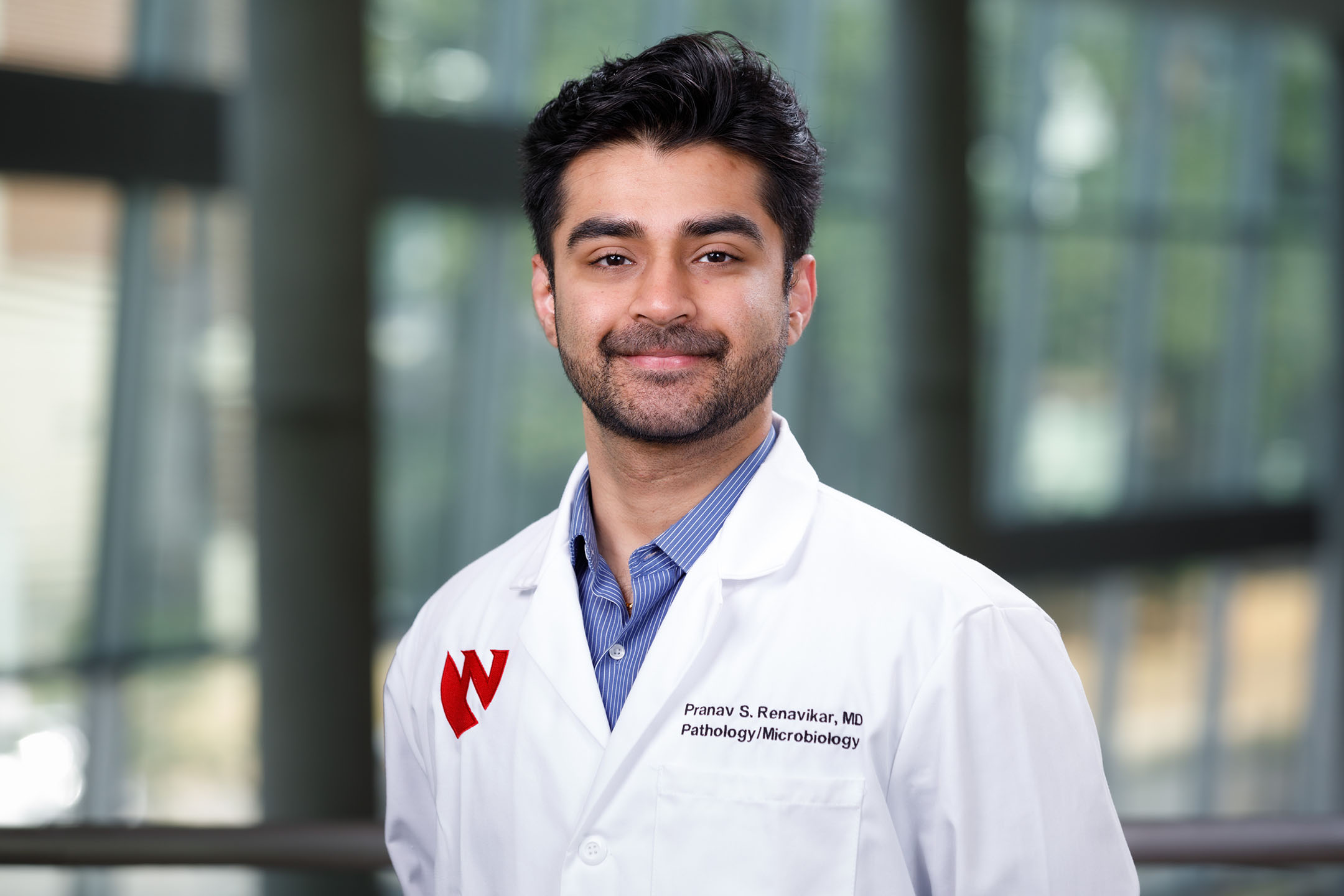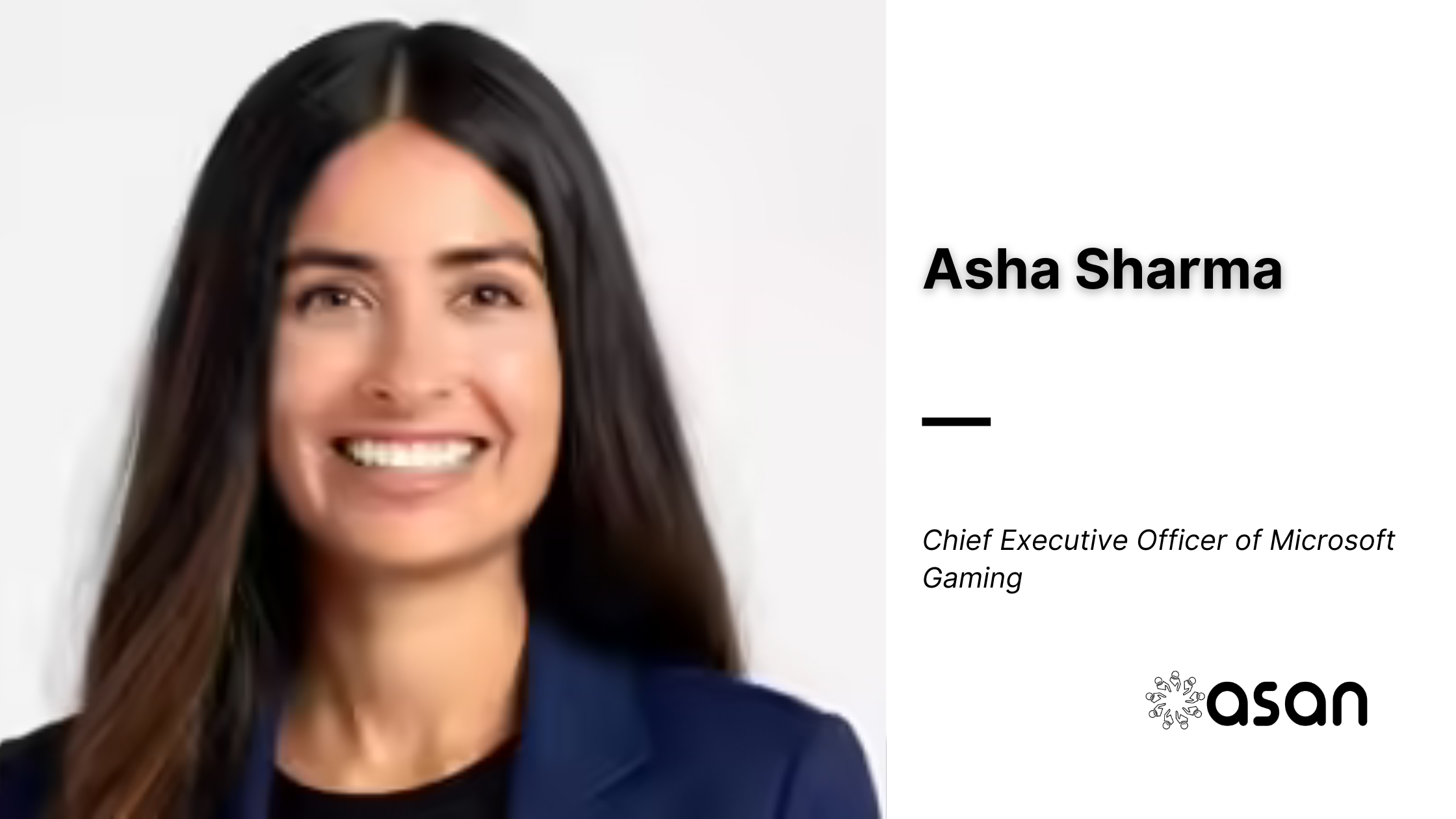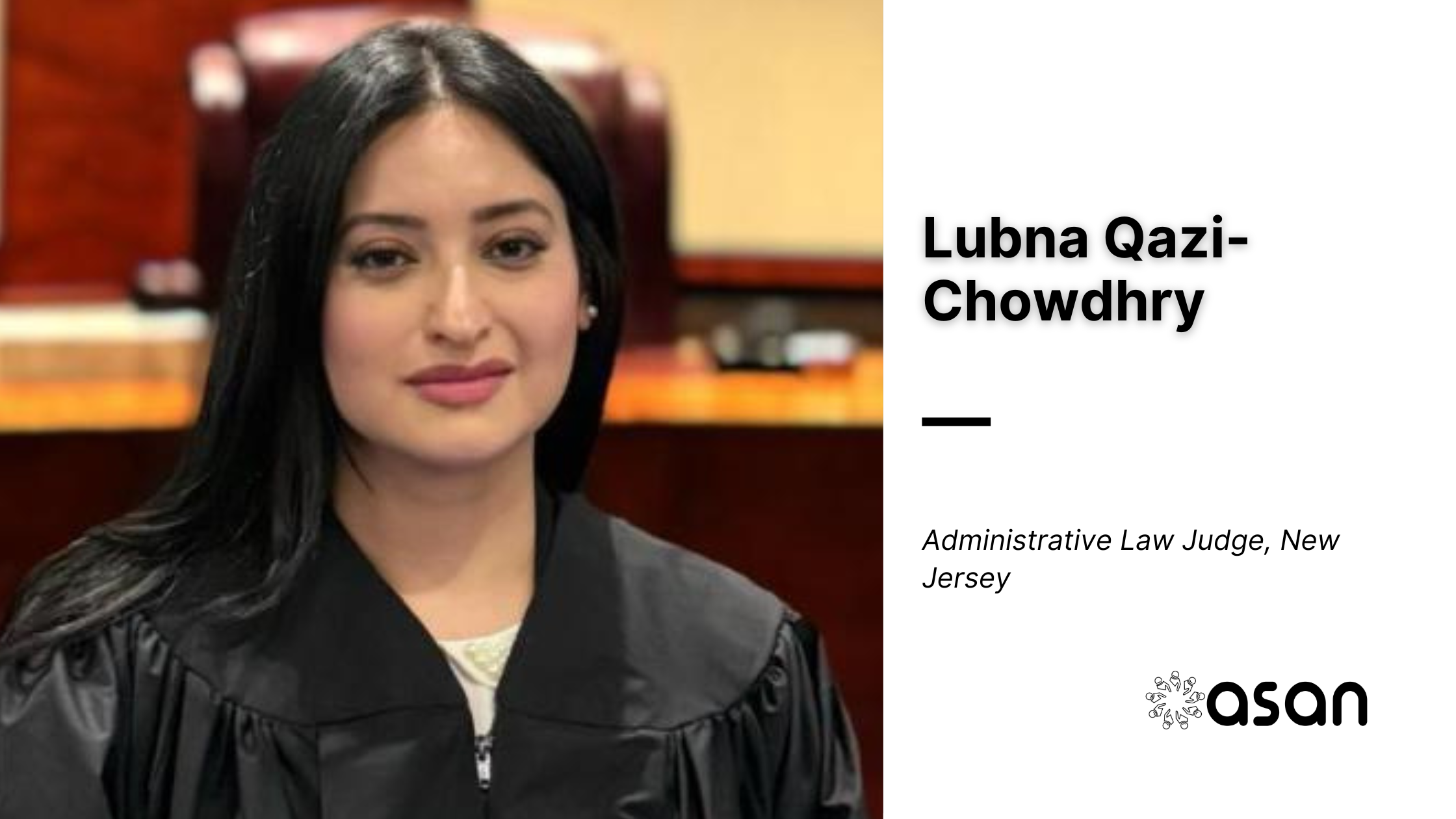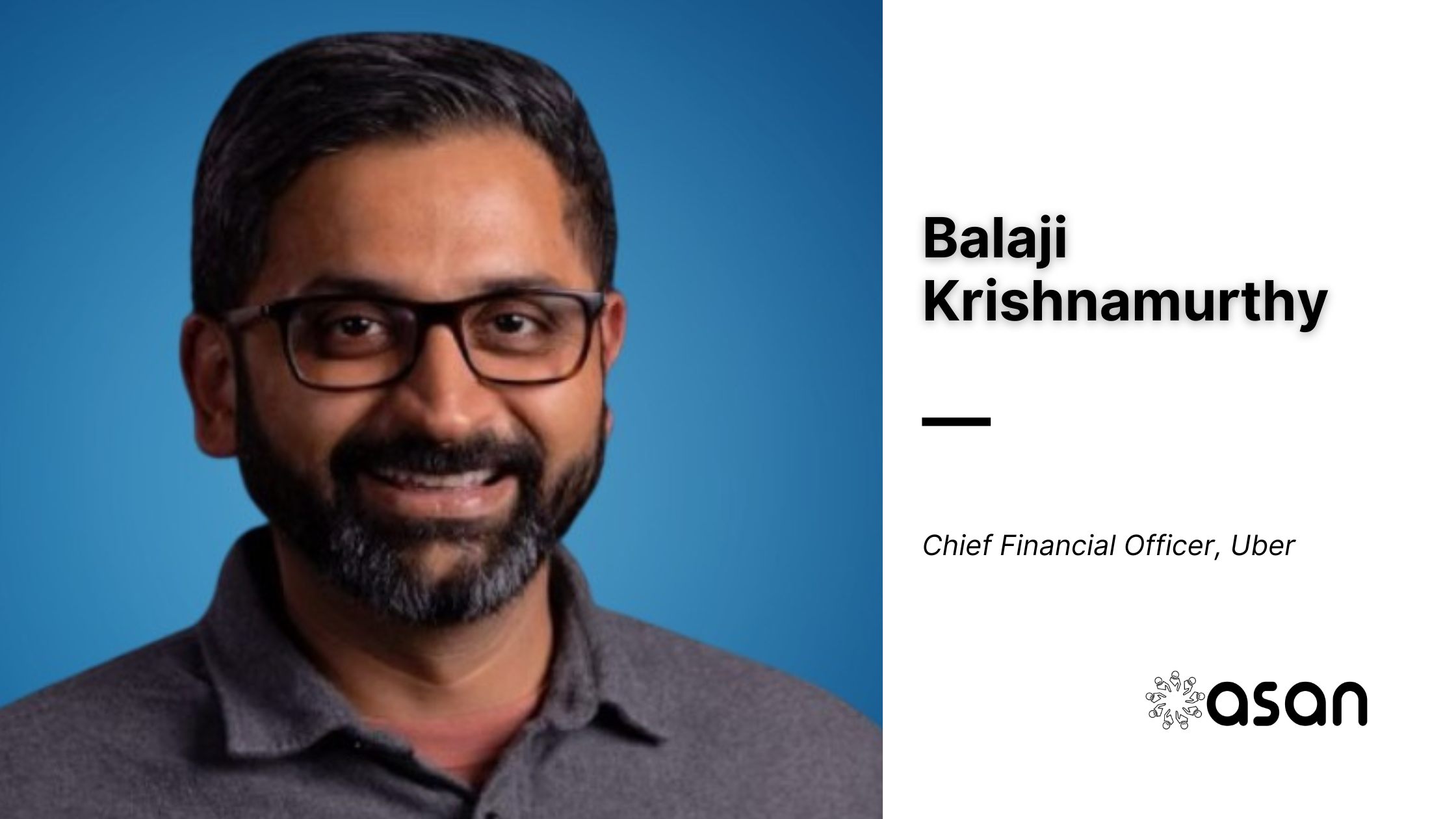The University of Nebraska Medical Center in Omaha announced on August 13, 2025, that Pranav Renavikar, MBBS, has joined its Department of Pathology, Microbiology and Immunology as an assistant professor. The appointment places Renavikar – who hails from Pune, India – on the front lines of an academic health system that serves the state of Nebraska and the surrounding region. It also adds a South Asian voice to a field that shapes patient diagnosis, research discovery and the training of future clinicians.
UNMC’s announcement notes that Renavikar’s professional interests span cardiovascular and thoracic pathology, surgical pathology, transplant pathology and immunology. That is a wide-ranging portfolio for a faculty member beginning his academic career, and it dovetails with the department’s responsibility to provide definitive diagnoses that guide treatment decisions across the hospital. The practical significance of this work is hard to overstate. In virtually every complex case, pathology is the gold standard that confirms or refutes what imaging and labs suggest. Bringing on a faculty member whose experience crosses organ systems and techniques strengthens the university’s capacity to deliver timely, accurate answers for patients across Nebraska.
Renavikar’s path to the faculty role reflects a steady build of research and clinical training in the United States. After completing his medical education at BJ Medical College in Pune, he worked as a research scholar at the University of Iowa before entering residency in anatomic and clinical pathology at UNMC. He then completed a surgical pathology fellowship at UNMC as well, giving him continuity with the laboratory systems, case mix and clinical teams he will now serve as an attending pathologist and educator. The continuity matters. In a discipline where efficiency and precision rely on deep familiarity with institutional workflows, a faculty member who trained within the system can often accelerate improvements without a long on-ramp.
The appointment is also a positive data point for the state’s health workforce. Nebraska’s academic health center plays an outsized role in developing clinicians who stay in the region, and pathology – although less visible to patients than emergency medicine or surgery – is critical to hospital operations from rural referral centers to urban academic facilities. UNMC’s ability to recruit and retain faculty with strong research curiosity and broad diagnostic skill helps stabilize services that every specialty depends on. Whether the case is a complex heart transplant biopsy or a challenging thoracic tumor, the interpretive work happens at a microscope, and the result can change a care plan within hours.

Renavikar’s selection also underscores how international and immigrant experiences enrich American medicine. The announcement lists his hometown as Pune, India, a detail that highlights the transnational talent pipeline into U.S. academic health systems. South Asian clinicians and scientists – including many trained first in India, Pakistan, Bangladesh and Sri Lanka – have long contributed to the U.S. medical ecosystem as residents, fellows and faculty. Their presence expands the linguistic, cultural and research perspectives available to trainees and patients alike. In a state with both urban and rural communities and a growing immigrant population, those perspectives help institutions like UNMC deliver care that meets people where they are.
There is a pedagogical dimension as well. As an assistant professor in a department that touches nearly every service line, Renavikar will teach medical students, residents and fellows habits of mind that endure across careers: pattern recognition, disciplined differential diagnosis and the humility to revisit conclusions when new evidence arrives. Academic pathologists are also often bridge builders between basic science and the clinic, translating immunology or molecular assays into practical diagnostic tools. Renavikar’s stated interests in immunology and surgical pathology position him to help trainees see how those threads connect.
For the broader South Asian American community, the announcement is a reminder that representation is not just about high-profile national roles. It is also about the everyday leadership that shapes how hospitals run, how residents learn and how research translates to the bedside. An appointment like this may not make national headlines, but it affects the quality and reliability of care for thousands of patients. It also provides students and young physicians – including those from immigrant and first-generation backgrounds – with a relatable example of how to build an academic career step by step.
Why now matters is tied to the moment in health care. Hospitals continue to recover from pandemic-era disruptions even as they adopt new diagnostic platforms, expand transplant programs and integrate molecular testing into routine care. Departments of pathology sit at the nexus of those changes, validating assays, ensuring quality and teaching clinicians how to interpret results responsibly. By adding faculty with recent fellowship training and a research-informed perspective, UNMC is signaling that it intends to keep pace with the field’s evolution.
Finally, this story is about local impact. UNMC is Nebraska’s only public academic health science center. When it strengthens a department, the benefits cascade to partner hospitals, community clinics and, ultimately, patients across the state. Faculty who choose to build their careers in Omaha contribute not only diagnoses and publications but also mentorship, grant collaborations and regional expertise that can be hard to replace. In Renavikar’s case, the move from trainee to faculty member preserves institutional knowledge and deepens the bench at a moment when demand for high-quality pathology services remains strong.
The appointment of Pranav Renavikar, MBBS, may read like a straightforward staffing update. Read more closely, it is also a bet on a clinician-scientist whose training has prepared him to deliver accurate diagnoses, teach with clarity and connect laboratory science to patient care. It is a win for UNMC, for Nebraska’s health system and for the South Asian medical talent that continues to contribute to the American story.



